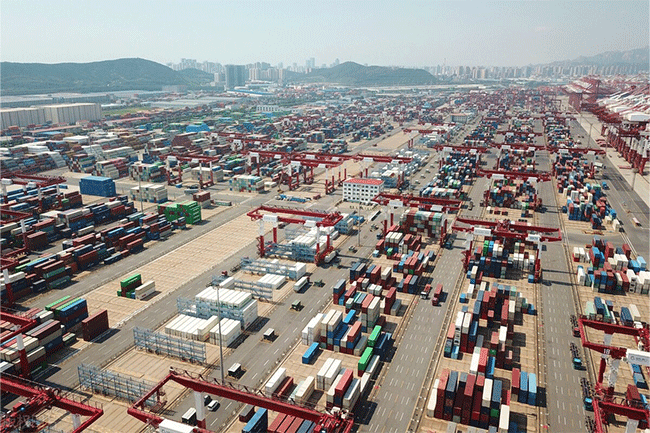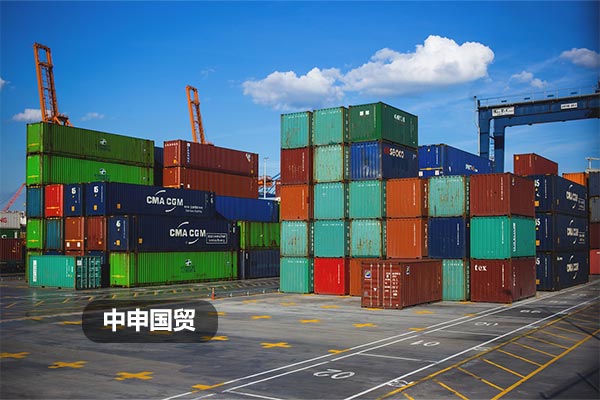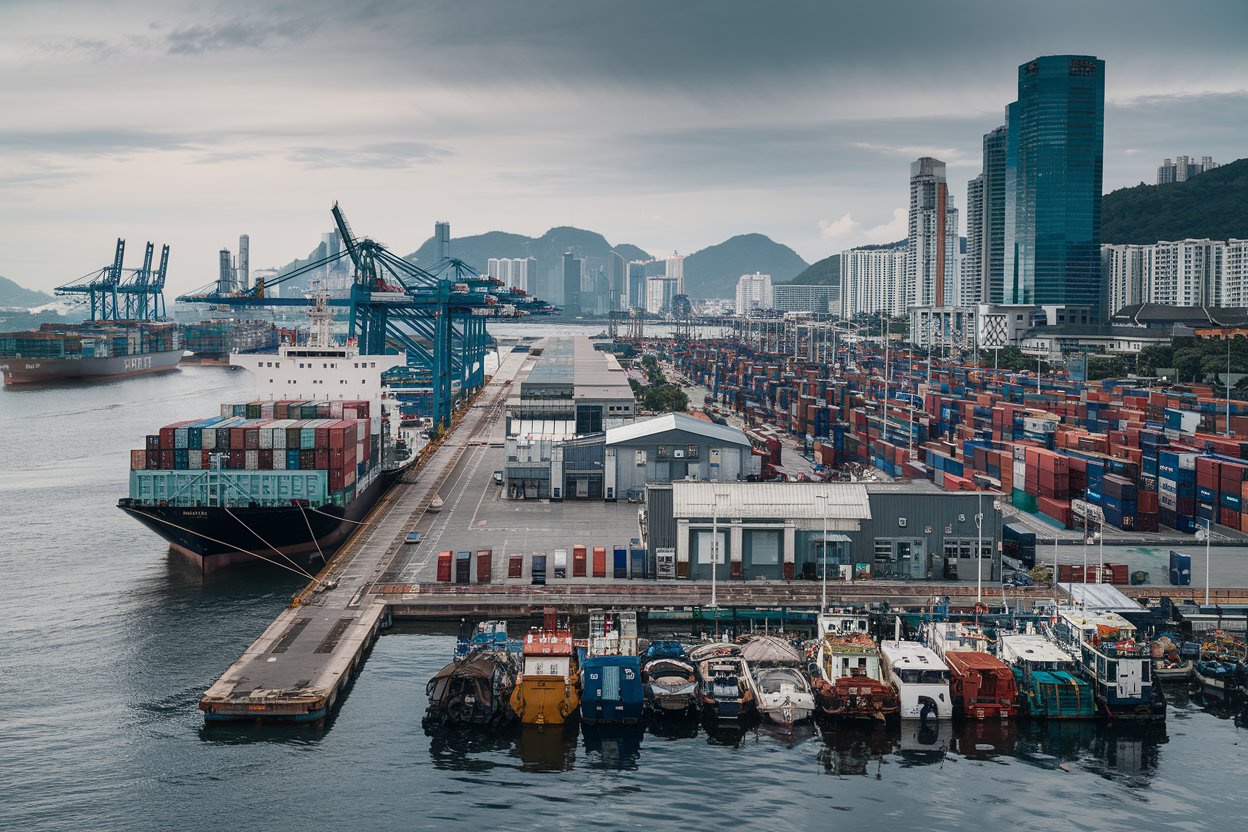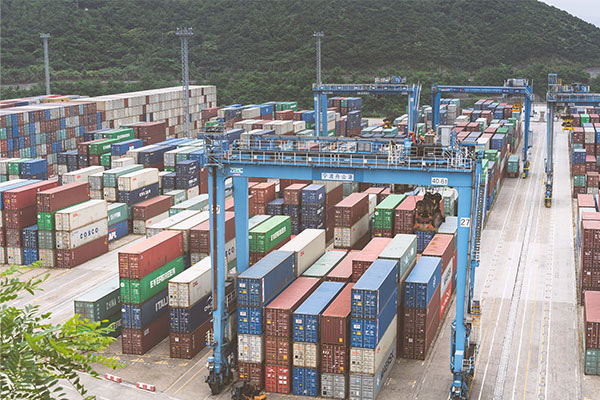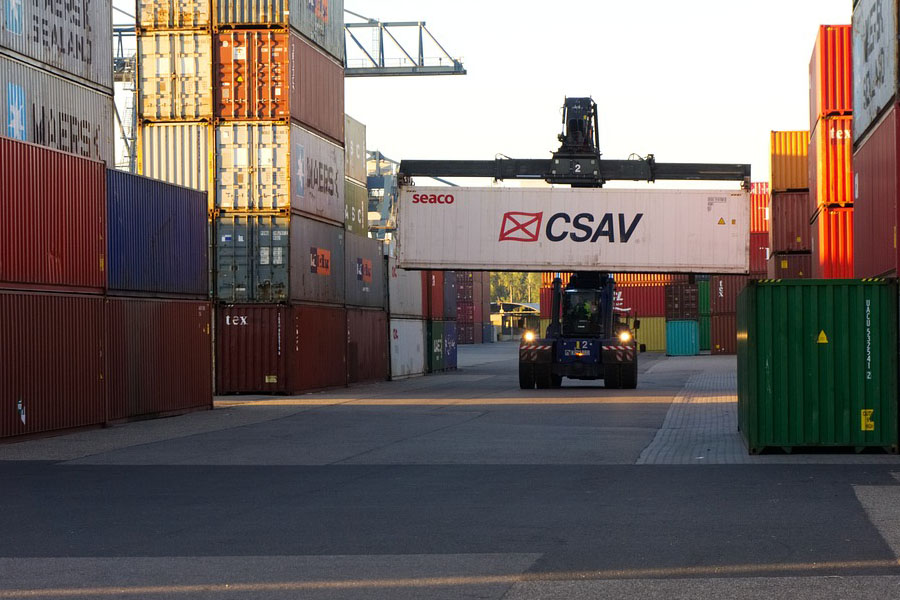- Shanghai Zhongshen International Trade Co., Ltd. - Two decades of trade agency expertise.
- Service Hotline: 139 1787 2118

Professional barriers in importing gear testing equipment
2025 Global Industrial TestingEquipment Importspresents new trends. Precision gear testing equipment represented by Germanys Carl Zeiss and Japans Mitutoyo shows 40% higher customs clearance complexity compared to conventional mechanical equipment. Customs clearance delays caused by missing technical parameter documents account for 32%, while port detention costs due to HS code disputes grow by 18% annually.
Typical risk scenarios of self-import
- Technical standard misjudgment:Confusing ISO/TR 10064 with IEC 61300-3-35 standards resulting in non-compliant equipment parameters
- Tariff cost out of control:HS code mistakenly classified under 9031.8090 (Other measuring instruments) when it should be 9031.8010 (Special gear testing equipment)
- Logistics process out of control:Damage claims caused by failure to use air cushion shock absorption transport for ultra-precision equipment
Core Value Proposition of Professional Brokers
Case study of a German KLINGELNBERG gear testing center imported by an auto parts company shows professional agency services can reduce customs clearance time by 45%:
- Technical document pre-review system
- DIN 3960/3961 standard conversion service
- Export control screening for equipment software modules
- Tariff optimization plan
- Utilizing RCEP agreement to achieve tariff reduction for Japan-origin equipment
- Import VAT deferred payment solution
Key changes in 2025 import policies
- EU CE certification upgrade:New EN ISO 18436-4:2025 mechanical vibration monitoring standard added
- China tariff adjustment:Provisional tariff rate for gear testing equipment reduced from 5% to 3.5%
- AEO certification requirements:Import enterprises must establish full lifecycle traceability system for equipment
Screening Dimensions for High-Quality Agents
Based on field research of 12 agencies in Yangtze River Delta region, key evaluation criteria include:
- Industry-specific import track record (minimum 20 cases of precision testing equipment)
- Technical team composition (at least 3 customs specialists with mechanical engineering background)
- Emergency response capability (48-hour mechanism to resolve classification disputes)
Related Recommendations
Category case
Get in Touch
Email: service@sh-zhongshen.com
Related Recommendations
Contact via WeChat

? 2025. All Rights Reserved. Shanghai ICP No. 2023007705-2  PSB Record: Shanghai No.31011502009912
PSB Record: Shanghai No.31011502009912
